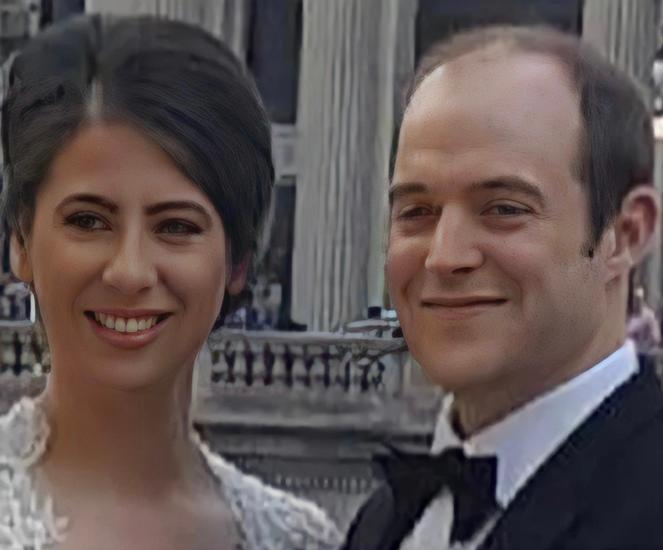O’Donovan Rossa as a Fenian prisoner.
By Geoffrey Cobb
When director Williams Cole handed me a copy of “Rebel Rossa,” his documentary about the life of his famous great-grandfather, Jeremiah O’Donovan Rossa, frankly, I feared the worst — that his film would be a glorification of physical force Irish Republicanism and a lionization of Rossa, who has been called “the first Irish Republican.” I was also afraid that the film would cast many uninformed judgments about Irish history and politics. My apprehensions, however, were completely unfounded and “Rebel Rossa” is a very unique look not only a man who shaped Irish history, but also, and more importantly, at the different and conflicting ways Irish people recall and celebrate their history. The film is delightfully free of pre-conceived notions about Ireland. Instead, it is a film of discovery and exploration, which takes the viewer on a whirlwind tour of Ireland during its celebrations of the centenary of 1916.
“Rebel Rossa” is a unique and fascinating as Cole’s personality. Surprisingly, growing up in Manhattan, Cole had only a dim awareness of his illustrious great-grandfather whose funeral is credited with sparking the 1916 Rising. His parents were New York literati, and Cole’s father numbered amongst his friends great Irish writers, including Patrick Kavanagh and Brendan Kennelly. As a boy, Cole even stayed at the home of Nobel Laureate Seamus Heaney in Ireland, so his early Irish experiences were far more literary than political. In 1945, while his father was fighting with the American army in France, he faked leave to go to Ireland where Taoiseach Eamon De Valera himself received him, the first of his father’s many visits to Ireland. Cole was far more exposed to Irish culture, than to politics, so his film is free from any political agenda or political biases.
Cole, nevertheless, was still aware that his great-grandfather had played an important role in Irish history and the boxes of papers and other memorabilia he inherited from Rossa intrigued him. Cole credits professor Judith Campbell of Drew University with awakening his interest in making “Rebel Rossa.” She pointed out to him in 2014 that the centenary of Rossa’s death was approaching and informing him that there would be commemorations across Ireland. The idea of making the film appealed to Cole, but as father of two young children with financial constraints, he needed to raise funds to make the film. On St. Patrick’s Day of 2015 Cole posted an appeal on Facebook for funding and a donor from Staten Island, where Rossa had lived for many years, donated $10,000, allowing the film project to move ahead.
The filmmaker and his brother Rossa decided to head for Ireland, not sure of what they would discover. Williams Cole was open to filming any of the different groups who were celebrating Rossa’s death and the film includes Irish people with vastly different political perspectives. Cole confessed that he was taken aback by the vast diversity of political and historical opinion in Ireland and the film brilliantly captures these differences. As an American, the passion Irish people feel about their history equally shocked him and the film reflects these strong emotions.
Unlike many other documentaries where there is little action, “Rebel Rossa” is highly entertaining, capturing the unique street theater scenes that were part of the commemorations, which not only include a re-enactment of the iconic oration of Patrick Pearse in Glasnevin cemetery, but also re-enactments in Belfast, Tyrone and West Cork where locals carrying torches and dressed in period costumes recreated a celebrated Rossa speech. The Coles were honored guests at the memorials and in the film they express humorous delight at their newly found celebrity. The various public commemorations provided Cole with a wealth of material and the street theater alone makes the film both entertaining and highly compelling. Cole said that he was shocked how easily and quickly the film came together, unlike other films he has made other documentaries in his career that have dragged on interminably.
Because of his celebrity in Ireland, Cole had the opportunity to interview Gerry Adams and Adams’s thoughtful comments about the life of Rossa help the viewer appreciate Rossa on a deeper level. The interview is available as a bonus item on the DVD, which can be purchased exclusively at www.rebelrossa.com. “Rebel Rossa” is a unique film that offers a different take on Irish history and politics, and the various ways that history is recalled today. The film is available on Amazon and Williams Cole is open to screening the film for audiences, which can be booked through the film’s website.









